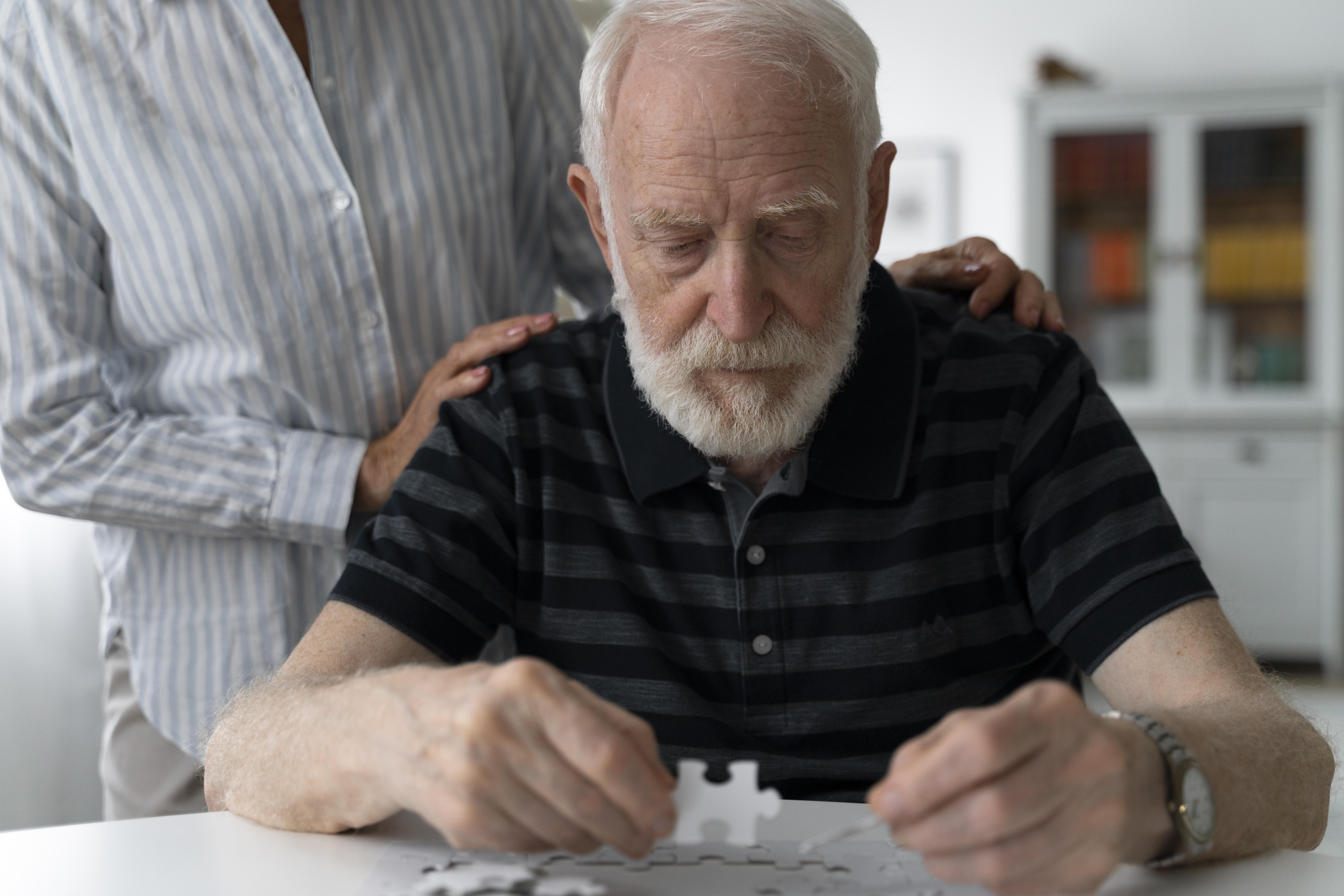-1758518611819.webp)
It began with a lost set of keys, then a forgotten name, until the memories began to fade entirely. This is the painful reality for millions of families across the globe facing Alzheimer's disease. World Alzheimer’s Day, observed on September 21, is a global call to action to address the profound human cost of this illness, which gradually erodes memory, judgment, and the very fabric of a person's identity.
This day, first established by Alzheimer's Disease International in 1994, aims to challenge the stigma and silence that often surround dementia.
According to experts like Dr Prajwal Rao, a Professor and Head of Neurology at Dr D. Y Patil Medical College, Hospital and Research Center, in Pimpri, Pune, it's about a fundamental shift in perception.
"The annual campaign fosters understanding, compassion, and inclusion," he notes. "It empowers caregivers and patients to seek help and resources."
For families, the day is a reminder to recognise that those living with Alzheimer’s are more than their diagnosis; they are individuals deserving of dignity, love, and human connection, even when their memories begin to disappear.
Don't miss: How Alzheimer’s Begins Years Before Symptoms Surface: Expert Shares 7 Key Insights
For caregivers, the journey can be emotionally and physically demanding. As Aanandita Vaghani, a Mental Health Counsellor and Founder at Unfix Your Feelings, points out, the most crucial tool is gentleness. The way help is offered often matters as much as the help itself.
1. Routine as an anchor: A predictable daily routine for activities like bathing, meals, and dressing creates a sense of safety and reduces anxiety for the person with Alzheimer's. Consistency becomes a powerful anchor in a world that is becoming increasingly confusing.
2. Encouraging independence: Allow the person to do what they can for themselves, even if it takes longer. This could be as simple as letting them button their own shirt or hold their own fork. As Dr Prajwal Rao emphasises, this small sense of independence is vital for preserving their self-esteem and dignity.
3. Simple communication: Use clear, simple language and a calm, reassuring tone. Avoid complex sentences or questions that can cause frustration.

Creating a supportive and safe environment is essential for managing the day-to-day challenges of Alzheimer's. Dr Anjani Kumar Sharma, Director of Neurosciences at CK Birla Hospitals in Jaipur, India, highlights the importance of practical measures.
1. Safety first: To prevent a loved one from getting lost, provide them with an identification card. Inside the home, remove tripping hazards and install assistive devices to prevent accidents.
2. Engage with purpose: Incorporate meaningful activities into their day to stimulate their mind and emotions. This could be listening to music, tending to a small garden, or looking at old photo albums. These moments of pleasure can reduce agitation and improve their quality of life.
3. Managing medications: For medications, use a pill organiser or set alarms to lessen the stress of remembering doses. Involving the person in this task can also give them a sense of control and agency.
Don't miss: 5 Daily Habits To Improve Mental Health

Finally, experts stress the importance of caregiver well-being. Caring for someone with Alzheimer’s can lead to burnout, so it's crucial for caregivers to seek support from professional help and support groups. These networks provide valuable resources and a space for emotional relief, ensuring that the caregiver remains physically and emotionally healthy while providing compassionate care.
As Vaghani puts it, these everyday adjustments "are about protecting dignity, creating comfort, and sustaining the bond that remains long after memory begins to fade."
Image courtesy: Freepik
For more such stories, stay tuned to HerZindagi.
Our aim is to provide accurate, safe and expert verified information through our articles and social media handles. The remedies, advice and tips mentioned here are for general information only. Please consult your expert before trying any kind of health, beauty, life hacks or astrology related tips. For any feedback or complaint, contact us at compliant_gro@jagrannewmedia.com.